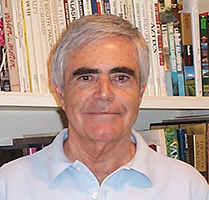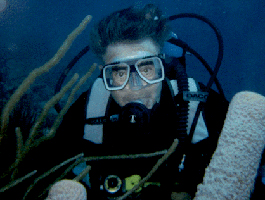IEEE/RSJ International Conference on Intelligent Robots and Systems
Workshop on Robotics for Nanosciences and Nanotechnology
Bally's Las Vegas Hotel and Casino, Las Vegas, NV, October 27, 2003
Ari Requicha


He joined USC in 1986, after thirteen years at the University of Rochester, where most recently he was the Director of the Production Automation Project. He also has been a lecturer in physics at the University of Lisbon, Portugal, a lieutenant in the Portuguese Air Force, and a research scientist with NATO's SACLANT Research Center in La Spezia, Italy.
The theme of Requicha's research for the last thirty years has been the development of intelligent systems that interact with the three-dimensional world in which we live. In the decade from the mid 1970s to the mid 1980s, he addressed the problem of describing the 3-D objects that populate our physical environment, and did much of the pioneering work on what is now called solid modeling. Today, computer-based solid modelers have largely replaced drafting and manual techniques as the standard means of capturing objects' geometry in computer graphics, and in industrial computer aided design and manufacturing.
Next, he tackled spatial reasoning, through a blend of concepts and techniques from artificial intelligence and geometric modeling. The main focus was on automatic planning for manufacturing and inspection tasks. With his students, he developed systems for recognizing manufacturing features, designing and assembling fixtures using modular components, and planning dimensional inspection with Coordinate Measuring Machines.
His current research is focused on the science and engineering required to interact with the nanometer-scale world. He directs USC's Laboratory for Molecular Robotics, an interdisciplinary center whose ultimate goal is to control the structure of matter at the molecular scale. The lab is now developing systems for manipulating nanoscale objects using Scanning Probe Microscopes (SPMs) as sensory robots. Applications in nanoelectronics, nanoelectromechanical systems (NEMS) and nanobiotechnology are being investigated. This work is evolving towards the construction and deployment of autonomous nanorobots.